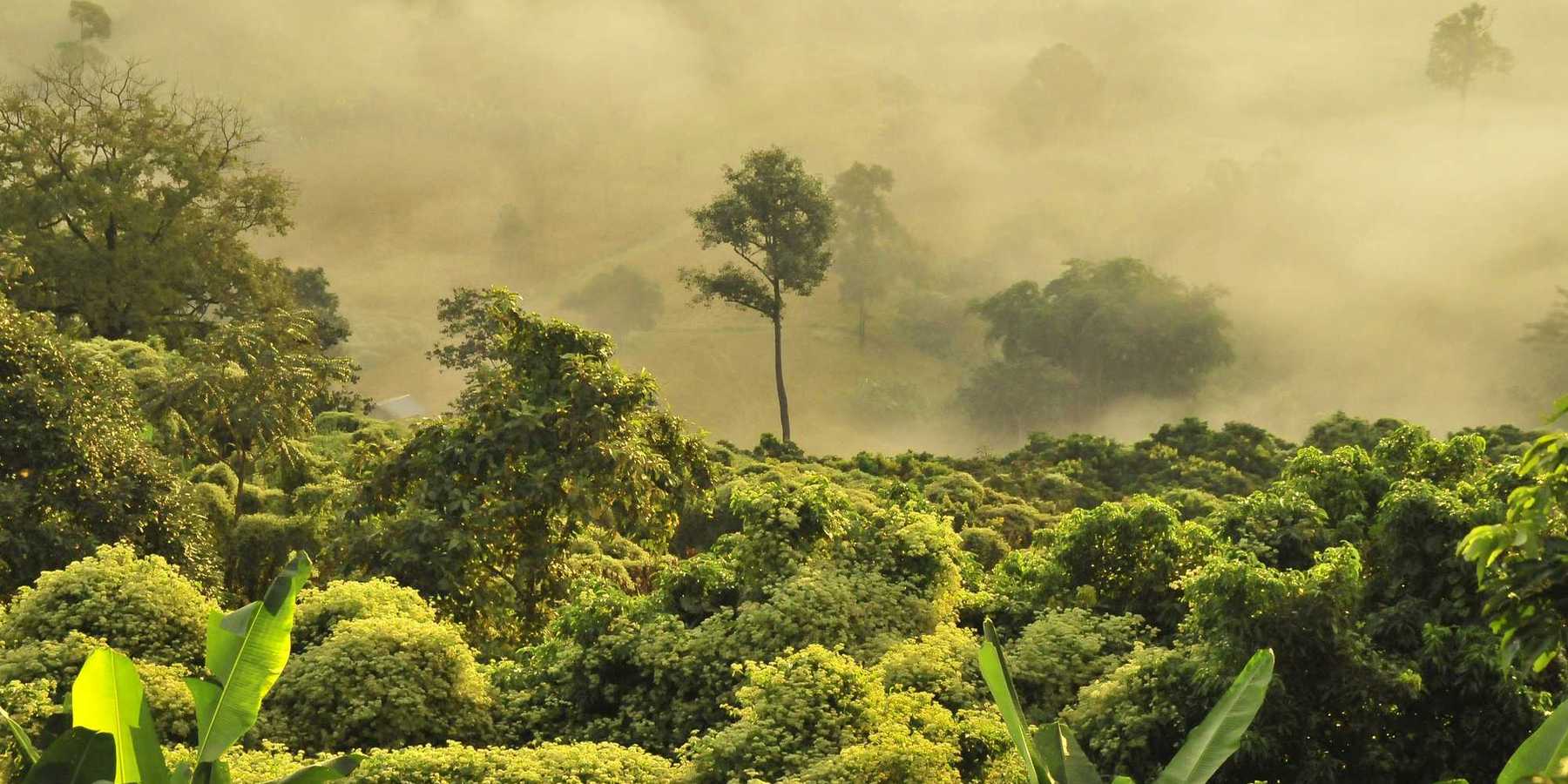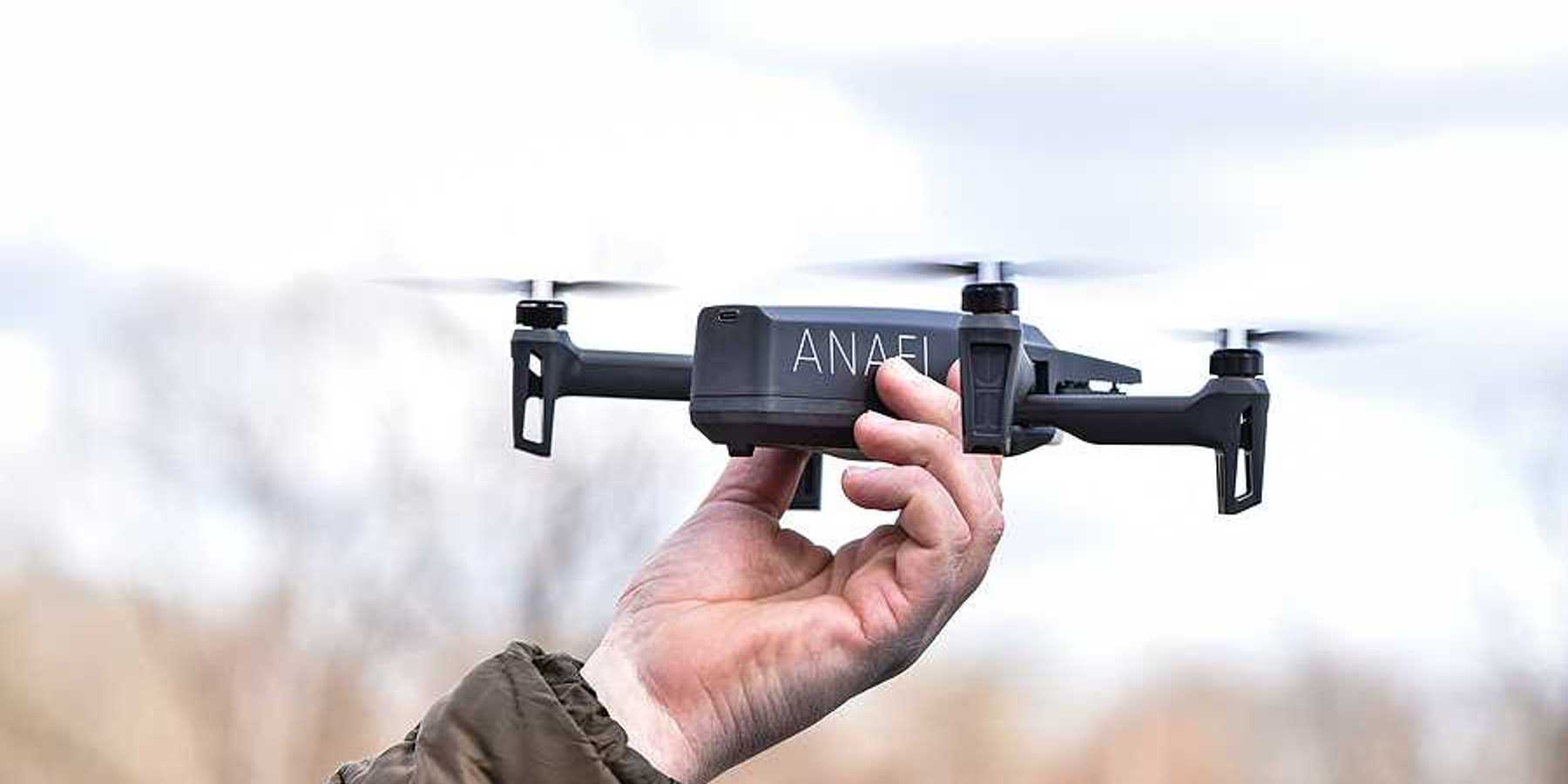Indigenous communities leverage clean energy projects for their benefit
Indigenous communities, once sidelined in renewable energy projects, are now finding ways to actively benefit from these initiatives through strategic partnerships and government policies.
Sarah Sax reports for Mongabay.
In short:
- Indigenous communities in Canada are increasingly involved in renewable energy projects due to supportive policies like Ontario’s feed-in tariff program.
- Barriers such as limited access to capital and insufficient community capacity still pose challenges to broader participation.
- Successful Indigenous-led projects, like the microhydropower systems in Malaysia, demonstrate the potential for sustainable and equitable energy development.
Key quote:
“As Indigenous Peoples, we recognize and support the global shift towards renewable energy. But it can’t happen at the expense of Indigenous people. Right now, we are going towards a new type of ‘clean’ colonialism.”
— Joan Carling, executive director of Indigenous Peoples Rights International
Why this matters:
Indigenous participation in renewable energy projects promotes environmental sustainability and supports their economic empowerment and preservation of cultural heritage. This empowerment also fosters greater respect for Indigenous knowledge and practices, which are often deeply aligned with principles of environmental stewardship.













